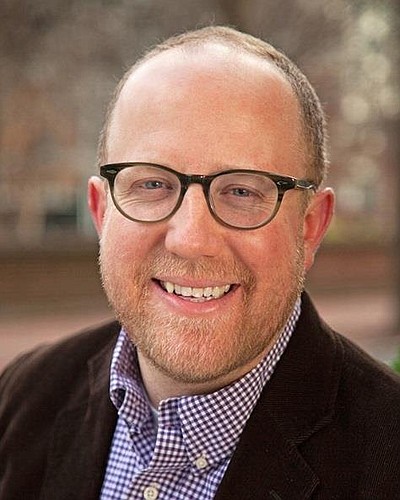- January 11, 2025
-
-
Loading

Loading

Who’d have thought botanists were a key factor to economic development?
They are in Philadelphia and should be in more cities. So says Matt Rader, the 37th president of the Pennsylvania Horticultural Society, which was founded in 1827 and, among its other services, puts on the city’s annual flower show.
Rader, who sees himself as Philadelphia’s head gardener, told attendees at a ULI Development Summit in St. Petersburg late last month that too often green spaces, gardens and plants are seen as nice amenities when there are few extra bucks laying around. But that’s the wrong approach.
He says plants and gardens are a great way to improve neighborhoods. They bring a vibrancy and life, helping transform blighted streetscapes and trash strewn vacant lots into neighborhoods people are proud of and where property values can rise. This, with little money.
“Across the board,” he says, “the simple acts of investing in the green infrastructure, investing in the cultivation of plants, can yield transformative” results.
In Philadelphia, the horticultural society, and others, plant and maintain urban trees, support community gardens and create gardens and public spaces. The benefit of that work, Rader says, is a 29% drop in gun crime within a half mile of clean lot that costs $300 a year to maintain. Greening blighted neighborhoods also lead to a decrease in asthma and depression and stronger community bonds, new jobs, opportunities for very small businesses often cut out of big investment projects, cleaner air and higher property values.
All in all, he says, without spending millions, cities and builders can beautify neighborhoods and districts whole cloth, both improving the lives of residents while increasing property values and making them attractive for investors.
“Investing in tree canopy, investing in green space, investing in beautiful green public realm in every single space that’s not a building in your city is a way to create a healthy, high quality of life, a equitable, inclusive, prosperous city," he says, "and it’s really cheap compared to almost any social service intervention, development intervention that you can make.”